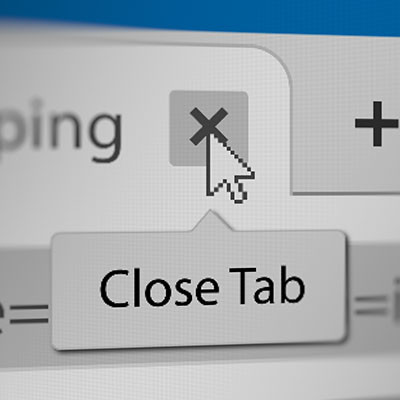JS Business Solutions Blog
How often do you go about your day-to-day duties only to find yourself buried in opened tabs on your web browser? This isn’t unheard of, especially when you are pulled from one task to the next in quick succession. All browsers give you the ability to control your open tabs by closing all other tabs or by closing all tabs to the right.
Google Chrome is a widely used and popular web browser, and because of its popularity, it is a common target for hackers. A recent study showcases how there are more zero-day threats being discovered for Google Chrome, but don’t despair; it might not be a bad thing for your favorite web browser. Instead, it could signify exactly the opposite.
Google Chrome is the most popular web browser in the world, by a large margin. Not only is it often the go-to browser on the PC, it is also the browser used by a lion’s share of the Android OS-run smartphones in the world. One problem that users typically encounter when using the Chrome browser is that it is massively resource intensive and has a tendency to slow down the machine in which it is being used on. Today, we look at ways you can optimize Chrome to get the best performance you can out of it.
More likely than not, you use the Chrome web browser to get your work done. Even if you don’t, though, you almost certainly use Google’s search engine each day. Doesn’t it seem strange that despite the popularity of their services, their operating system, Chrome OS, isn’t more popular? Let’s take a deeper dive into what the Chrome OS is, how a Chromebook works, and why they might be the right tools to help your business thrive.
Chrome is an excellent browser to use, especially when the device it is used on is powered by Android. However, you may have noticed that your Chrome for Android browsing seems to slow down, making your mobile computing more aggravating than it has to be. For this week’s tip, we’ll go over a few ways to bring Chrome for Android back up to speed.







